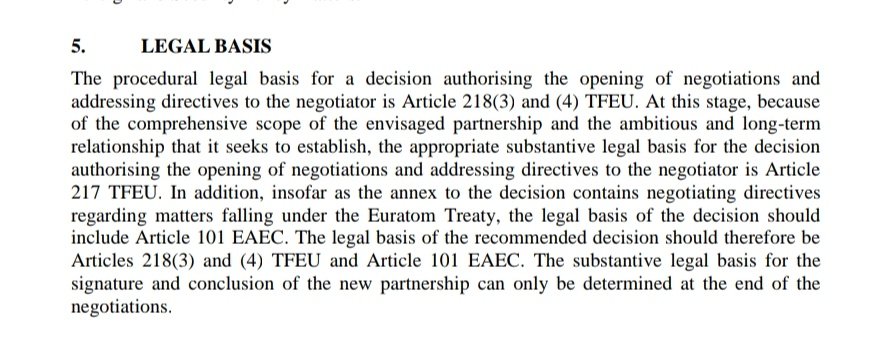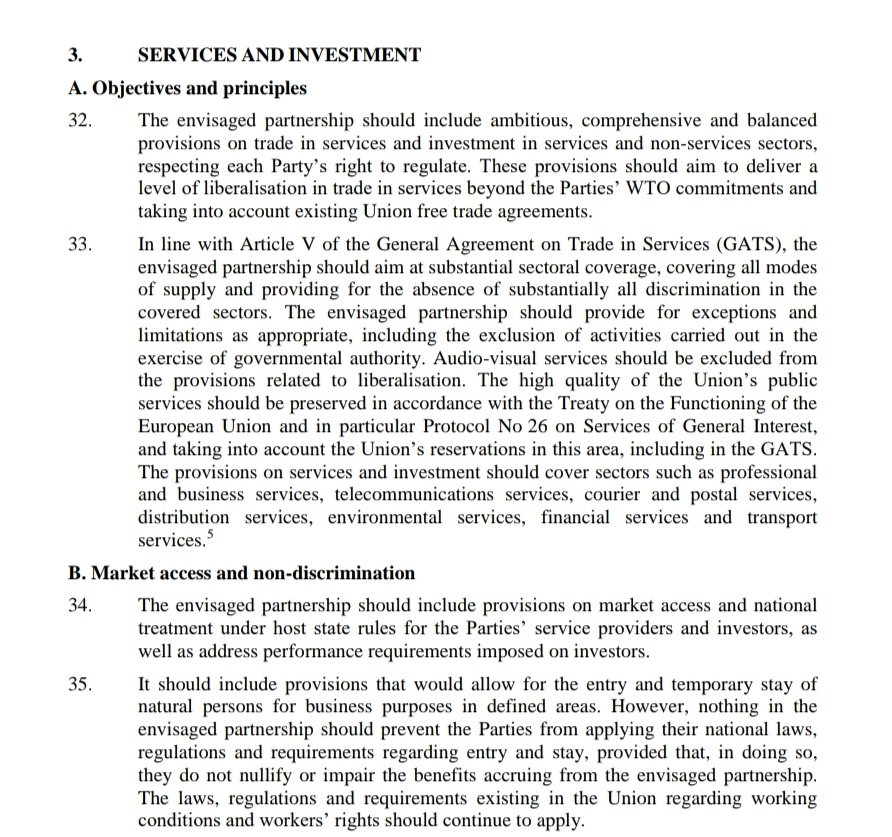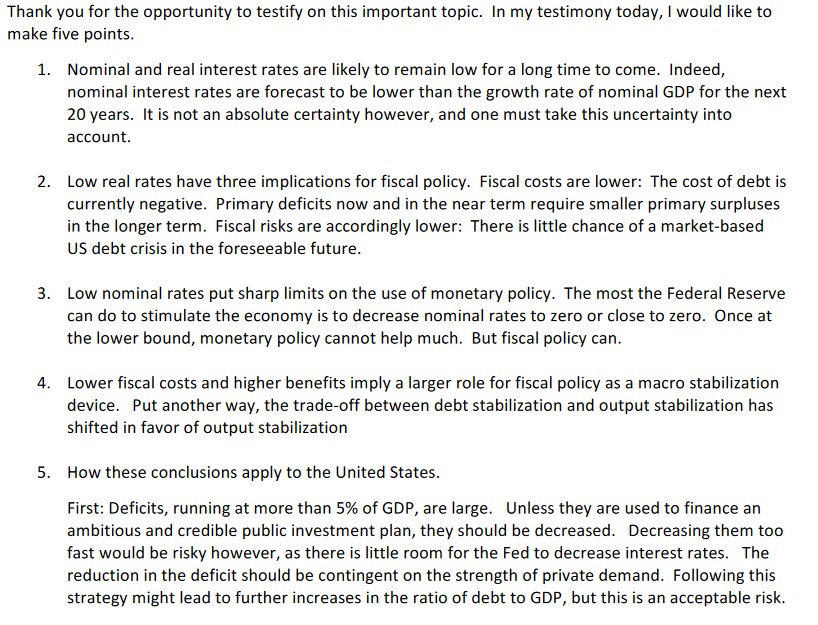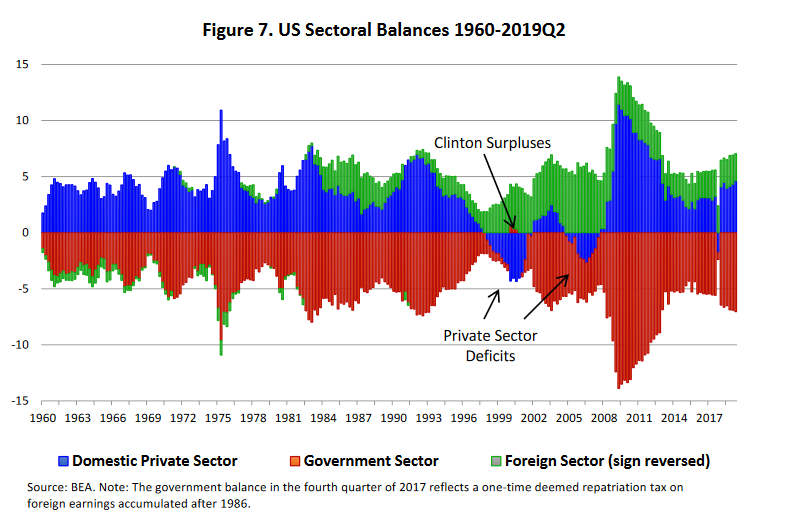First thoughts, as I read through it...
It's made up of Member States' officials who keep an eye on the Commission as negotiator. This isn't unique to these talks; it's a requirement in the Treaties.
At first sight the proposal doesn't take a view on whether ratification by each national parliament will be needed.
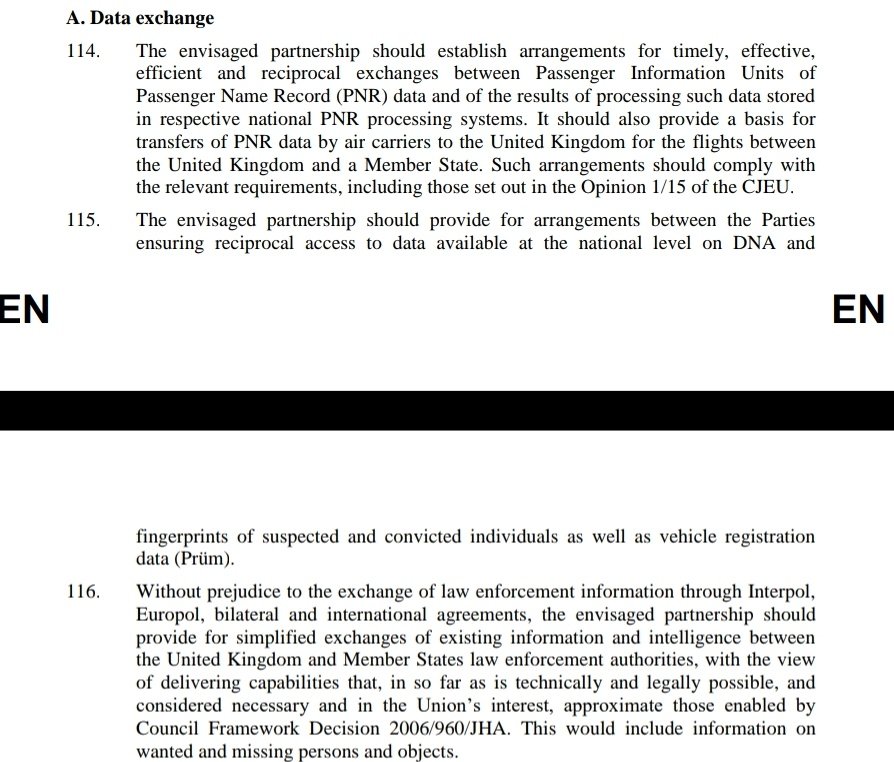
a) refers to EU law AND
b) provides for dispute settlement.
Key parts of the level playing field in the first withdrawal agreement met condition a) but NOT b). The details of the future treaty will be crucial.





